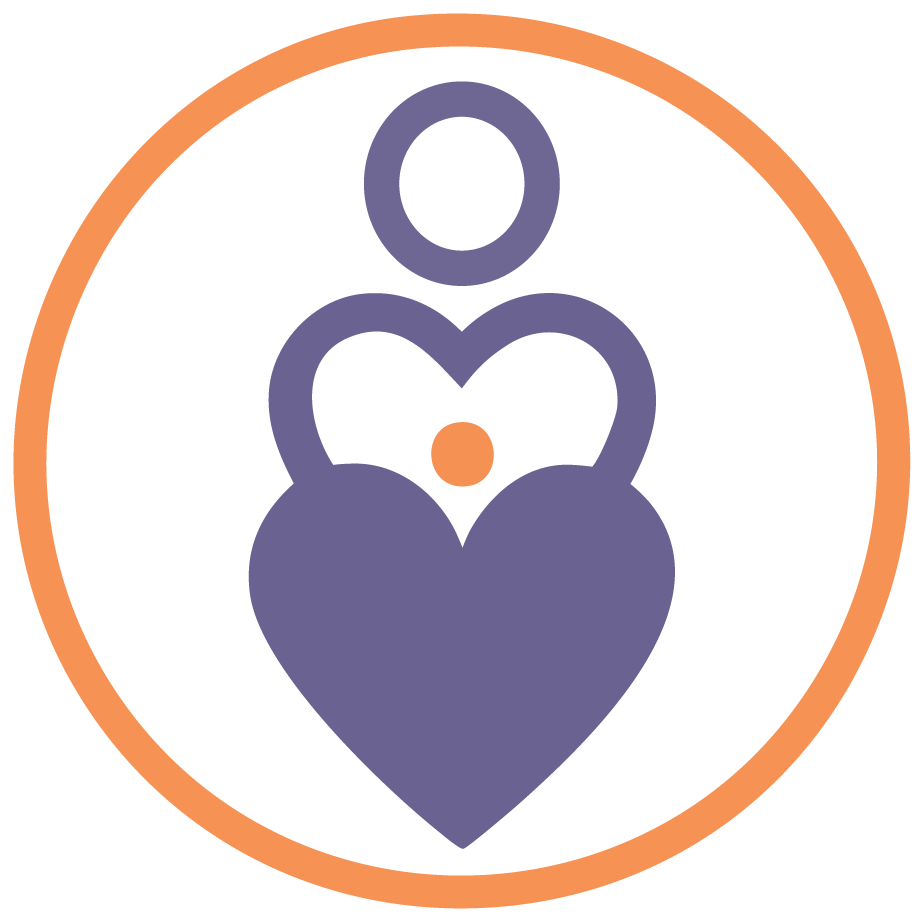
Leading you back to your heart and spirit
Mental health support for
New Yorkers ready for a change
Individual Therapy
For private and confidential one-on-one psychotherapy, remote or in-person.
Adolescent/Family Therapy
For teens who need support. I love working with young people and their families. It is tough being a kid these days and their parents are superheroes!
Psychedelic-Assisted Therapy
For adults interested in ketamine-assisted psychotherapy to accelerate their growth in a new and impactful way.
Therapy
Approaches
-
Cognitive-behavioral therapy stresses the role of thinking in how we feel and what we do. It is based on the belief that thoughts, rather than people or events, cause our negative feelings. The therapist assists the client in identifying, testing the reality of, and correcting dysfunctional beliefs underlying his or her thinking. The therapist then helps the client modify those thoughts and the behaviors that flow from them. CBT is a structured collaboration between therapist and client and often calls for homework assignments. CBT has been clinically proven to help clients in a relatively short amount of time with a wide range of disorders, including depression and anxiety.
-
Integrative therapy refers to therapy in which elements from different types of therapy may be used. Therapists 'integrate' two or more therapeutic styles (e.g. Cognitive and Family Systems) to bring about a personalized and practical approach to healing.
Integrative therapy (with a small 'i') may also refer to the process of 'integrating' the personality by taking disowned or unresolved aspects of the self and making them part of a cohesive personality whole. It reduces the use of defense mechanisms that inhibit spontaneity and allows flexibility in solving emotional problems. -
Internal Family Systems (IFS) is an approach to psychotherapy that identifies and addresses multiple sub-personalities or families within each person’s mental system. These sub-personalities consist of wounded parts and painful emotions such as anger and shame, and parts that try to control and protect the person from the pain of the wounded parts. The sub-personalities are often in conflict with each other and with one’s core Self, a concept that describes the confident, compassionate, whole person that is at the core of every individual. IFS focuses on healing the wounded parts and restoring mental balance and harmony by changing the dynamics that create discord among the sub-personalities and the Self.
-
Ketamine-assisted psychotherapy is a therapeutic approach that integrates the administration of ketamine, a dissociative anesthetic, with psychotherapeutic support to address various mental health disorders like depression, anxiety, and PTSD. In this modality, ketamine is administered in controlled, subanesthetic doses to facilitate altered states of consciousness, enabling individuals to explore and navigate through difficult emotions, thoughts, and memories under the guidance of a trained psychotherapist. This synergistic process aims to help individuals reframe and integrate their experiences, fostering enduring mental health improvements and enhanced self-awareness. It is particularly valuable for those with treatment-resistant conditions, offering rapid and lasting relief by unlocking new therapeutic pathways and enhancing the effectiveness of concurrent psychotherapeutic interventions.
-
Psychodynamic therapy, also known as insight-oriented therapy, evolved from Freudian psychoanalysis. Like adherents of psychoanalysis, psychodynamic therapists believe that bringing the unconscious into conscious awareness promotes insight and resolves conflict. But psychodynamic therapy is briefer and less intensive than psychoanalysis and also focuses on the relationship between the therapist and the client, as a way to learn about how the client relates to everyone in their life.
-
Somatic (from the Greek word 'somat', meaning body) psychotherapy bridges the mind-body dichotomy recognizing that emotion, behavior, sensation, impulse, energy, action, gesture, meaning and language all originate in physical experiences. Thinking is not an abstract function but motivates, or is motivated by, physical expression and action. A somatic approach to trauma treatment can be effective by examining how past traumatic experiences cause physical symptoms (e.g. bodily anesthesia or motor inhibitions) which in turn affect emotion regulation, cognition and daily functioning.
-
Trauma focused cognitive behavioral therapy (TF-CBT) helps people who may be experiencing post-traumatic stress after a traumatic event to return to a healthy state.

Specialties and Expertise
-
Anxiety
-
Codependency
-
Depression
-
Life Transitions
-
Relationship Issues
-
Self Esteem
-
Spirituality
-
Trauma and PTSD





